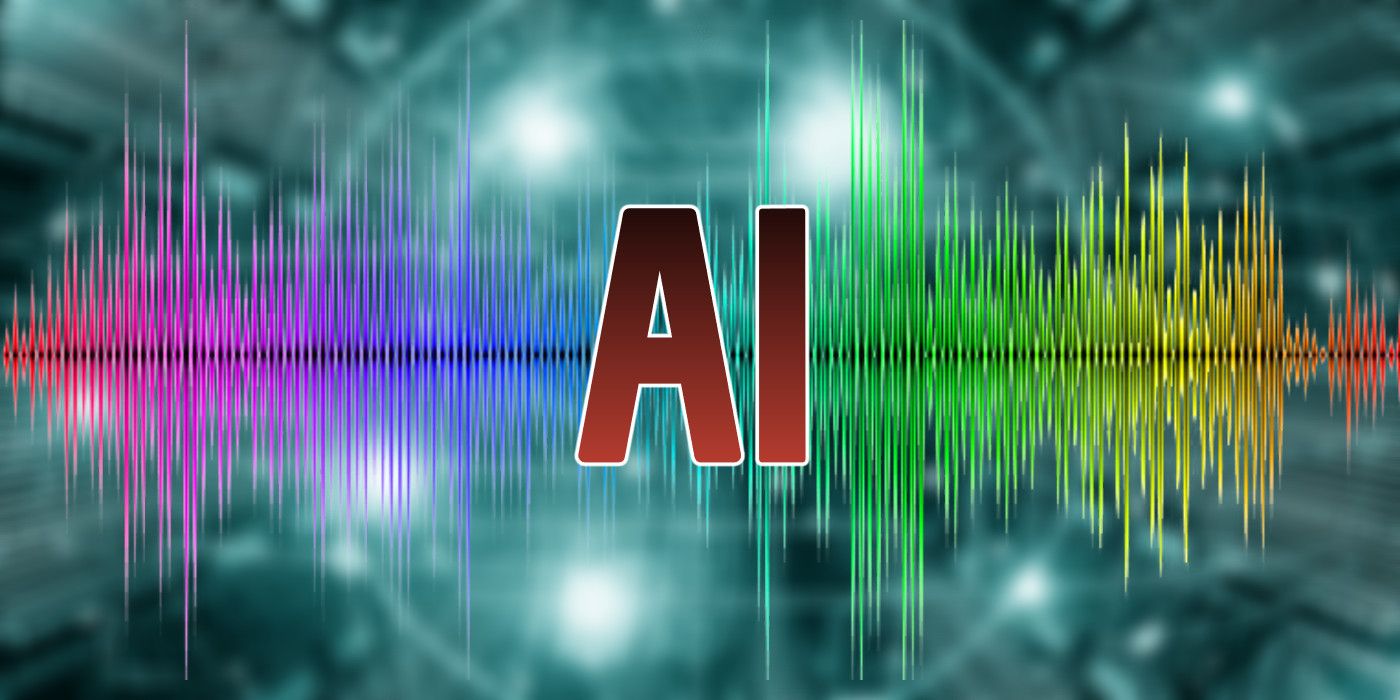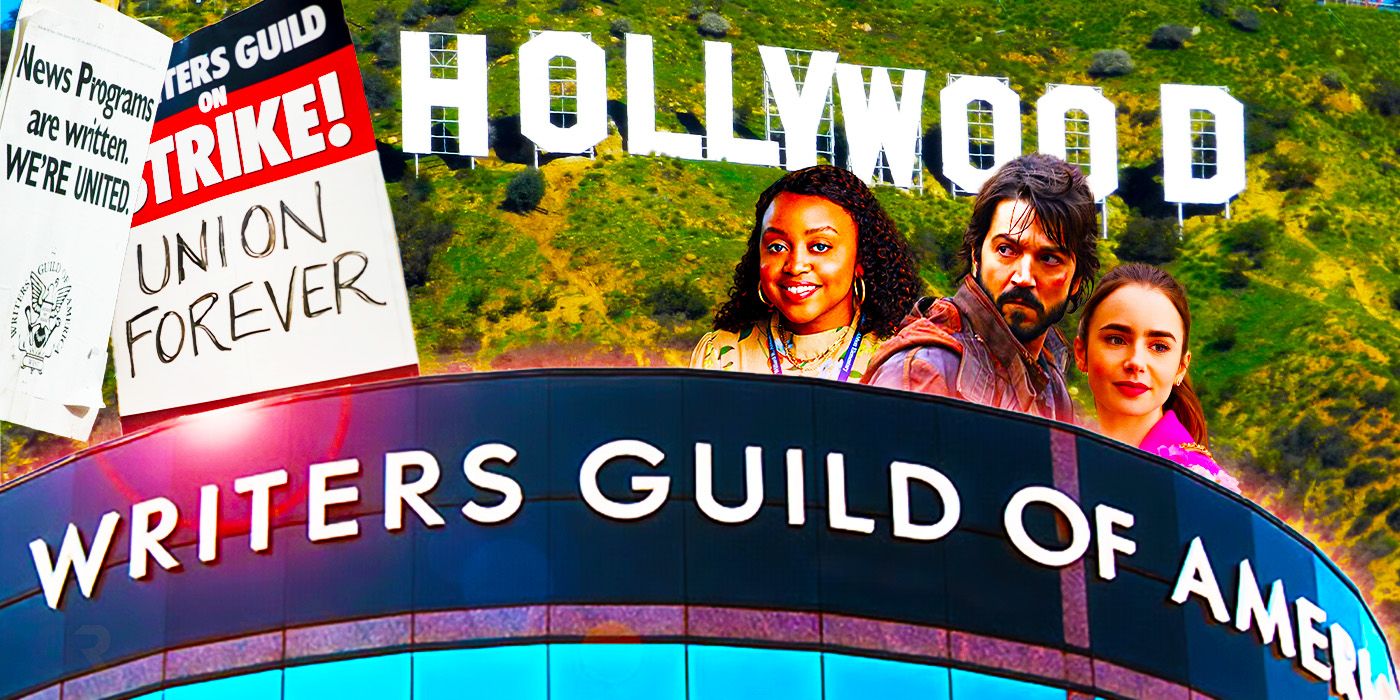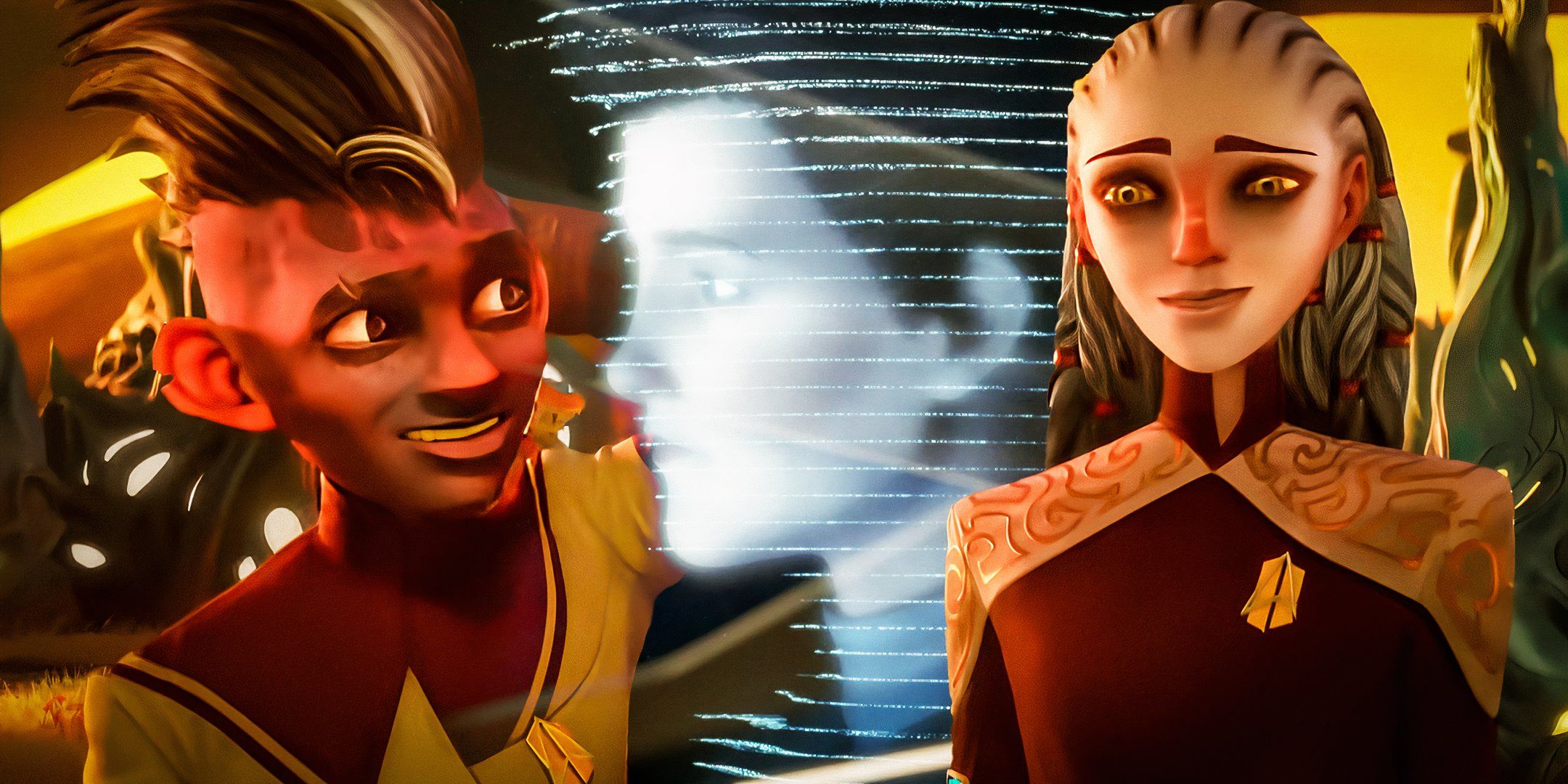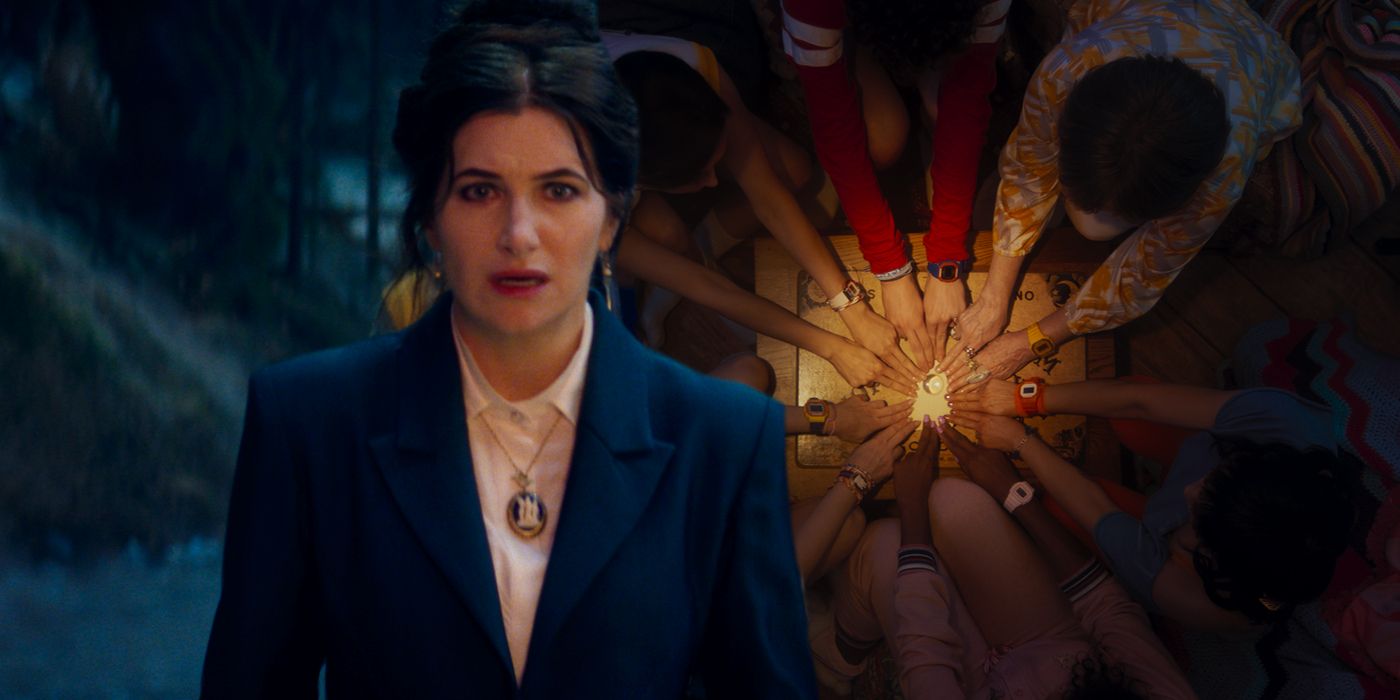One of the biggest concerns for Hollywood writers and the WGA during the strikes was the negotiation of limits and protections surrounding the use of artificial intelligence in film and TV production, and the deal is expected to cover most of their concerns. While the finer details of the agreement are still being worked out, the terms of the basic agreement between the Writers Guild of America and Alliance of Motion Picture and Television Producers establish a framework to protect writer credit and pay and place restrictions on how AI can and can’t be used in writing Hollywood scripts.
AI has seen radical advancements in recent years, to the point where tools like ChatGPT can produce entire scripts on command. Unfortunately, the data used to generate new writing is all work previously written (and copyrighted) by human writers, meaning Hollywood writers of the future need to make sure their hard work isn’t being used to generate new scripts without the writer getting pay or credit, while also being protected against outright replacement if a studio decides to use AI to write entire screenplays, cutting writers out of the process entirely. The new WGA basic agreement seeks to fix this in a few key ways.
Protect Writers From Studio Exploitation With AI Technology

Under article 72 of the newly proposed WGA basic agreement are a number of stipulations about what writers and studios can and can’t do with AI. Foundationally, it establishes that any writing created by “Generative Artificial Intelligence” (GAI) or traditional AI cannot be considered “literary material” – a legal umbrella term referring to any written material, published or unpublished. In effect, this stipulation amends the definition of “literary material” to only apply to written material created by a human and not any written material generated by AI.
The agreement specifies that if a company asks a writer to use AI-generated material as the basis of creating new literary material, the writer must be informed that the written material was generated by AI, the fact that the writer was supplied with AI-generated material can’t be used to reduce the writer’s pay, the writer gets full credit for the resulting material and will only share credit if other human writers are hired to perform further rewrites. This allows AI to be used as a tool by the studio if they so desire, but does not allow them to leverage the tool in ways that reduce a writer’s credit or pay.
Finally, a writer cannot be forced to use AI tools to generate any written materials without their consent, although non-generative AI tools can be required for purposes such as checking for plagiarism or detecting copyright infringement.
Protect Writer’s Use Of AI Tools and Technology

The new WGA basic agreement doesn’t only place restrictions on how studios can use AI, but also implements a few protections for writers who wish to employ AI tools. Writers must get consent from the studio to use AI and adhere to any of the studio’s existing AI governance policies if they wish to employ AI tools; however, if they do utilize AI in their writing process, the material is subject to the same restrictions and protections as if the AI written material were provided by the studio. More specifically, if the writer has studio content to utilize AI, their use of AI cannot be used to deprive them of credit or compensation.
Additionally, the agreement doesn’t establish any restrictions against studios using existing literary materials to train AI programs, but it does specify that the respective rights holders have the right to refuse studios permission to use their work to train AI. Overall, this area of AI regulation likely falls under existing copyright law, so the basic agreement merely acknowledges that no part of the agreement changes those rights.
Precautions Against Future Changes to AI Technology and Policies

Finally, since AI is a rapidly developing technology and studios are still finding new ways to utilize AI tools, the agreement includes a clause mandating semi-annual meetings between studios and the WGA to discuss and review the studios use and future plans for AI in film and television production. These meetings will be subject to confidentiality agreements and only pertain to content production, while studio use of AI tools for analytical or operational purposes such as financial, marketing, and etc.
In the years to come, AI use will likely become a much bigger issue in Hollywood, so all areas of production will need to have agreements surrounding how Hollywood can and can’t utilize artificial intelligence. This agreement only applies to the use of AI in writing, but actors, VFX works, editors, and more will all surely be seeking their own protections to ensure their jobs aren’t replaced or diminished by AI tools.





